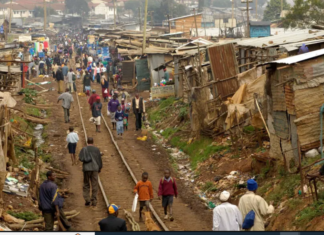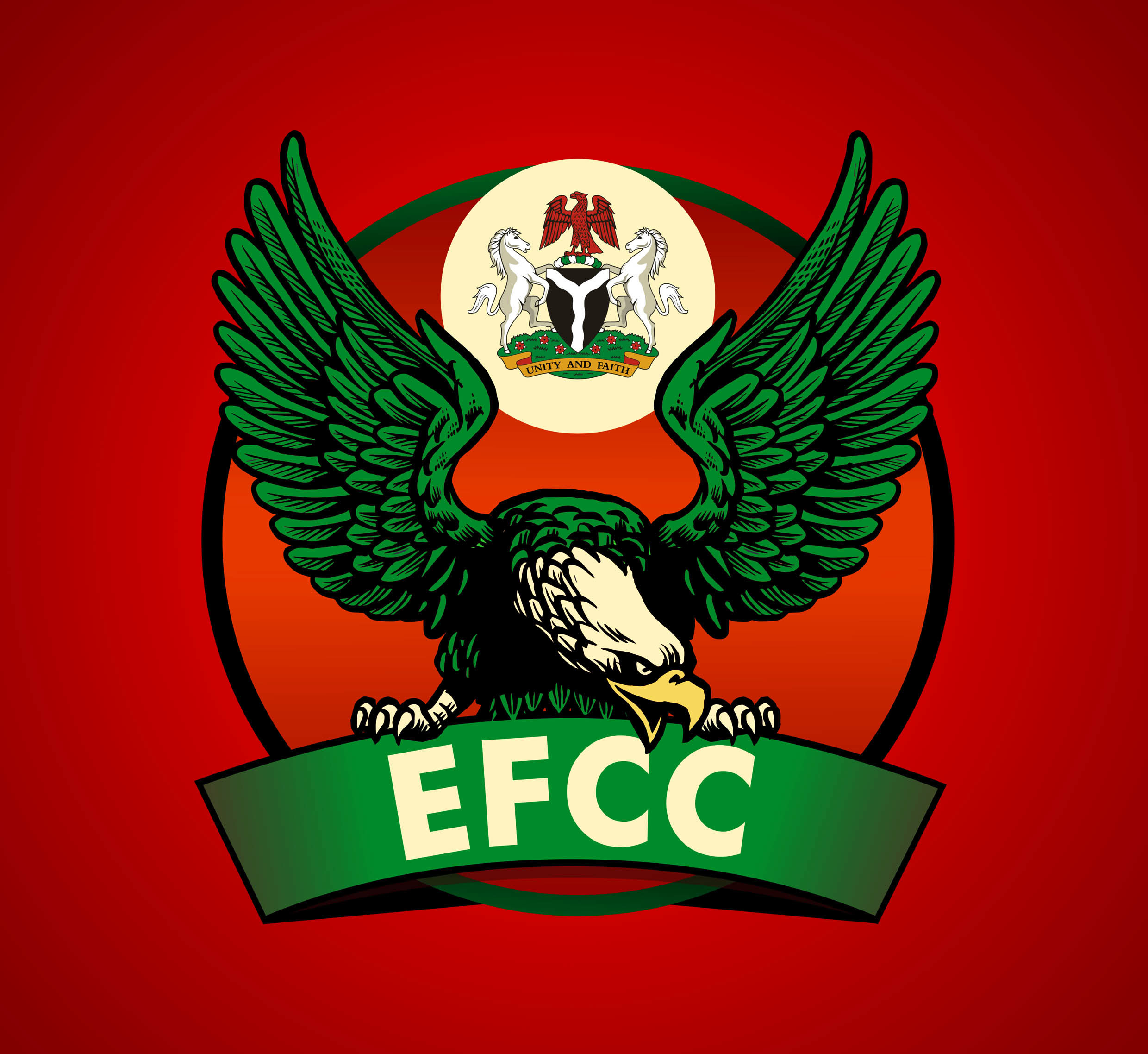It is unclear whether President Goodluck Jonathan is aware of it. But it makes no difference.
With three weeks to the rescheduled polls on March 28 and April 11, some dark, ominous, disruptive clouds are hanging over free, fair, transparent, credible, and violence-free elections promised by the Independent National Electoral Commission (INEC) and its Chairman, Attahiru Jega.
From the chain of unexplained events taking place, we could hardly turn blind eyes to these forces which threaten to derail the general elections at all costs. They do not want the elections to hold. Alternatively, they want whatever would disrupt the elections, force postponement, and precipitate chaotic demonstrations instead of orderly, civilised and transparent polls.
These sinister forces are not Boko Haram insurgents. They are politicians seeking power by hook or crook.
The earlier Jonathan sits up to provide the INEC with the facilities and ambience to conduct hitch-free elections, the better for his reputation locally and in the international community.
The international community is holding bated breath for another successful transition in Nigeria without military intervention since 1999. It is also apprehensive also about the spectre of the country disintegrating under the weight of a failed election which precipitates socio-political chaos.
As the number one citizen, Jonathan wears, more than Jega and the INEC, the crowning glory for a smooth, peaceful and credible election… or the shameful thorn for a preventable fiasco.
Three non-issues are creating the probability of incomplete election.
First, 23 mushroom parties out of 28 in Borno State which demanded postponement of elections in the state till September 26; they want a “treasonable” interim government at the expiry of the tenure of the present administration on May 29, 2015.
Their reasons? Non-distribution of Permanent Voter Cards (PVCs) in 175 polling units that have about 500,000 voters, insecurity of opposition officials, vandalisation of opposition party facilities by state government-sponsored thugs, and the indecent activities of youth vigilantes.
Second, the use of PVCs and card readers to authenticate voters’ identity is politicised. Those who don’t want them are shouting as much as those who want them.
Third, should soldiers be deployed on election days to maintain security, law and order ?
This is another tetchy issue. Two renowned lawyers, Itse Sagay and Femi Falana, have rejected it, citing Sections 217 and 218 of the Constitution, backed by judicial interpretations.
However, given the level of volatility and criminality in the country, from ethnic militias in Niger Delta creeks to Boko Haram insurgency in the North East, keeping the military out completely is unwise.
These issues absorb so much media space and have the tendency to distract the INEC. Whether the INEC has the time and capacity to adopt these recommendations or not is irrelevant to their advocates.
No civilised, informed society thrives on the dictates of the few through the drumbeats of war, threats and counter-threats as well as agitation propaganda to intimidate rather than persuade. Those are recipes for disaster.
Democratic right of free choice dictates that the few have their say while the majority have their way.
Democracy is a learning process. But as the late Chuba Okadigbo, former Senate President said, Nigeria should not remain a professional student, stuck in one classroom.
The INEC should move forward with its PVCs and card readers to identify voters faultlessly; and for now, embed soldiers in the joint police task force for security to create conducive conditions for the elections nationwide.
Jonathan owes it a duty to the country and, most importantly, to himself, to ensure the INEC succeeds.













